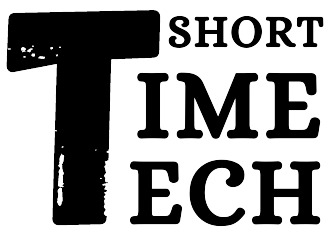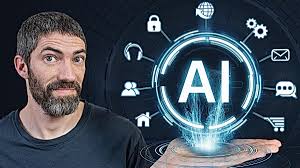In 2024, health apps are transforming the way individuals manage their wellness, offering more advanced and personalized solutions than ever before. As mobile technology continues to evolve, these apps are becoming indispensable tools for maintaining and improving health. From cutting-edge features driven by artificial intelligence to enhanced integration with wearable devices, the future of health apps is set to revolutionize personal wellness. Here’s a look at how mobile technology is reshaping the health app landscape and what to expect in the near future.
1. AI-Driven Personalized Health Management
Artificial Intelligence (AI) is at the forefront of innovation in health apps, bringing a new level of personalization and accuracy to wellness management. AI algorithms can analyze vast amounts of data from various sources, including wearable devices, health records, and user inputs, to offer tailored recommendations and insights.
- Personalized Fitness and Nutrition Plans: AI-powered health apps now create highly personalized fitness and nutrition plans based on individual goals, activity levels, and dietary preferences. For example, apps like Noom and MyFitnessPal use AI to adjust meal and workout plans dynamically, providing users with customized advice and progress tracking.
- Predictive Health Insights: AI can predict potential health issues before they become serious problems. By analyzing patterns in data, such as changes in sleep patterns or activity levels, these apps can alert users to potential health risks and recommend preventive measures. This proactive approach can lead to early intervention and better health outcomes.
- Virtual Health Assistants: AI-driven virtual health assistants provide users with real-time health advice, answer questions about symptoms, and help manage chronic conditions. These assistants use natural language processing to understand and respond to user queries, making healthcare more accessible and convenient.
2. Integration with Wearable Devices and IoT
The integration of health apps with wearable devices and Internet of Things (IoT) technology is enhancing the accuracy and functionality of personal wellness tools. This seamless connection allows for continuous health monitoring and more comprehensive data collection.
- Real-Time Monitoring: Wearable devices such as smartwatches and fitness trackers are equipped with sensors that monitor vital signs, activity levels, and sleep patterns. Health apps sync with these devices to provide users with real-time data and insights. For instance, apps like Fitbit and Apple Health integrate with wearable devices to track heart rate, steps, and even blood oxygen levels.
- Enhanced Data Accuracy: The integration of IoT technology ensures that health apps receive accurate and up-to-date information from various connected devices. This real-time data allows for more precise health tracking and more effective management of conditions like diabetes or hypertension.
- Holistic Health Management: Health apps now integrate data from multiple sources, including wearables, electronic health records, and lifestyle inputs, to offer a holistic view of an individual’s health. This comprehensive approach enables users to track their overall wellness and make informed decisions based on a complete picture of their health.
3. Innovations in Mental Health and Wellness
The future of health apps is not limited to physical health; mental health and wellness are also receiving significant attention. Innovations in this area aim to support users in managing stress, anxiety, and overall mental well-being.
- Mental Health Monitoring: Apps like Calm and Headspace offer guided meditation, mindfulness exercises, and mood tracking features. These apps use AI to provide personalized meditation recommendations based on user preferences and stress levels. By incorporating features such as mood tracking and emotional check-ins, these apps help users manage their mental health proactively.
- Therapeutic Support: Some health apps now provide access to licensed therapists and counselors through virtual sessions. Apps like BetterHelp and Talkspace connect users with mental health professionals for online therapy, making mental health support more accessible and convenient.
- Community and Social Support: Many health apps include features that connect users with supportive communities and peer networks. This social aspect can provide motivation, encouragement, and shared experiences, contributing to overall well-being.
Conclusion
The future of health apps in 2024 is marked by remarkable advancements in AI, integration with wearable technology, and innovations in mental health support. These developments are making personal wellness management more personalized, accurate, and accessible. As mobile technology continues to advance, health apps will play an increasingly central role in helping individuals lead healthier, more balanced lives. Embracing these technologies can empower users to take control of their health and well-being in ways that were previously unimaginable.

